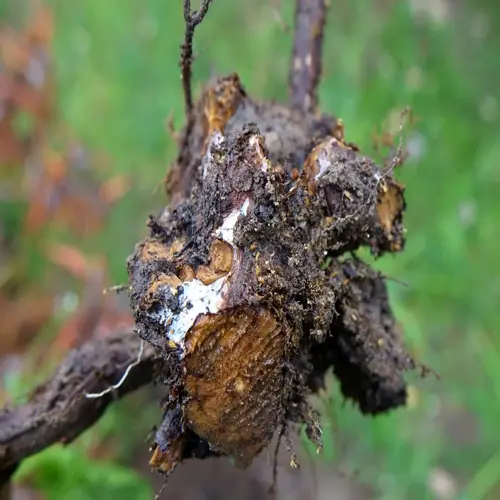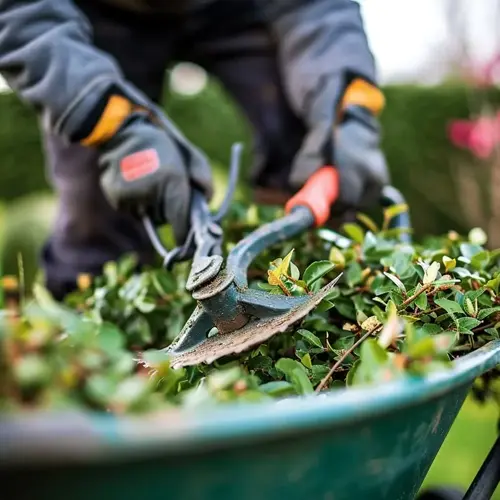Can I use fresh manure in clay gardens?

Written by
Tina Carter
Reviewed by
Prof. Samuel Fitzgerald, Ph.D.Utilizing fresh manure in gardens with clay soil generates high-risk factors that many gardeners fail to recognize. Fresh animal waste contains high concentrations of ammonia, which can damage plant roots and harbor pathogens that compromise food safety. Being aware of best practices for manure management can help you protect your soil as well as your health.
Aging Requirements
- Duration: Minimum 6 months decomposition
- Temperature: Internal pile reaches 140°F (60°C)
- Signs: Earthy smell, crumbly texture
- Pathogen Reduction: 99% elimination
Edible Garden Rules
- Waiting Period: 120 days manure-to-harvest
- Application Timing: Post-harvest fall only
- Prohibited Crops: Root vegetables, leafy greens
- Alternative: Use composted plant waste
Clay-Specific Concerns
- Risk: Ammonia binds tightly in dense clay
- Solution: Extra aging for clay applications
- Volume Limit: 25% of amendment mix maximum
- Test: Check salinity before planting
Compost manure in an appropriate way, utilizing hot composting methods. Manure should be layered with carbon-based materials such as straw or leaves. Adhere to a weekly turning schedule and maintain an internal temperature of 140°F. This heating process kills pathogens and results in stable organic matter that is safe for clay gardens.
Properly apply old manure to clay during the fall preparation and work it into 6-8" of soil. The maximum amount to use is about 2" per 100 square feet every year. Later in the spring, before planting, test the soil for salinity, as manure can increase salinity levels, which can harm plants.
Explore plant-based options for an edible garden. Composted yard waste offers similar benefits without posing a safety risk. Leaf mold has the positive structure properties of clay, with no threat of pathogens. These methods eliminate food safety concerns while improving soil health.
To sustain your garden ecosystem, do not apply fresh manure; it contains ammonia that earthworms and soil organisms will avoid (these creatures are essential for improving your soil). Increases in salinity kill beneficial microbes. Well-aged manure is best; it builds soil life and transforms clay soil structure over time.
Safely transform clay with proven manure methods. Abide by all aging requirements, particularly with food crops. Observe the health of your soil through simple observation and/or laboratory tests. Your garden will succeed without sacrificing safety.
Read the full article: Soil Amendments for Clay: Transform Your Garden

